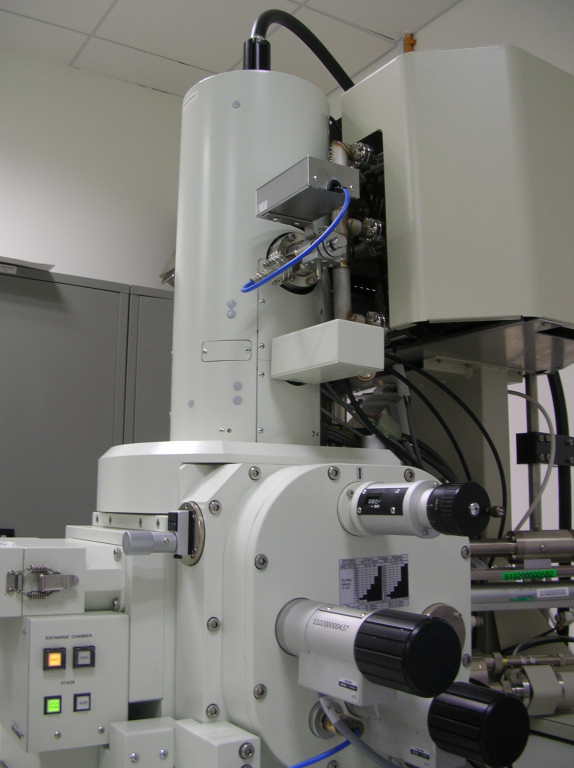Plasma Sources and Applications Centre (PSAC)
The Plasma Sources and Applications Centre (PSAC) was established in 2001 through co-funding from the AcRF and A*STAR. Since then the Centre is continuously growing and aims the following main research directions:
- Development of High Density Plasma Reactors and Process Control Diagnostics;
- Low Dimensional Materials, Nanostructures, III-V/IV-IV Quantum Dots, Wires and Wells;
- Assembly and characterization of vertically aligned carbon nanotubes for field emission applications;
- Biomaterials, Protein Attachments and Applications;
- Functional Coatings, III-V, Ternary and quaternary compound semiconductors;
- Modeling and simulation of quantum structures, nanocluster dynamics and self-organization processes;
- Staff Development and Training of Students of International Standing;
- Engaging Singapore-based Research into International Collaborative Programs;
- Development of in-situ plasma diagnostic tools.
PSAC focuses on various areas, including the development of high-density plasma reactors, low dimensional materials, carbon nanotubes, biomaterials, functional coatings, modeling of quantum structures, staff development and training, international collaborations, and in-situ plasma diagnostic tools.
The PSAC aims to advance scientific knowledge, train students, and foster collaborations with international partners in the field of plasma physics, materials science, nanotechnology, biomaterials, semiconductor physics, computational modeling, and diagnostic tool development.
Aims of our research

It is well known that plasma is a unique tool for material processing. There has been a great deal of interest in high-density, low-temperature plasma sources for various applications. Inductively coupled plasma (ICP!)sources featuring high ion densities and low plasma potentials have proved to be very efficient in the generation of large-area and large-volume plasmas for fabrication of unique nanostructures, synthesis, and processing of advanced materials and ultrafine selective etching of semiconductor wafers.
The unmagnetised ICPs are generated by time varying electromagnetic fields excited by rf currents driven in external or internal coils powered by an rf generator through a matching circuit.
Depending on the antenna structure the efficiency of plasma coating may be extremely different. A big part of our research efforts is focused on development of efficient plasma sources and their diagnostics.
Simultaneously investigation of processing techniques is performed. Deposition of carbon and silane nanostructures, various coatings for stainless steel, glass and other materials, bio-compatible coatings and have been performed.
Lab Gallery

Contact Us
Address
Plasma Sources and Applications Centre (PSAC)
National Institute of Education / Nanyang Technological University
01 Nanyang Walk
NIE-07 #B3-05/06
Natural Sciences
Singapore 637616
Email and Phone
6790 3818
6790 3931
6790 3965
Research opportunities, questions and collaborations, please email Prof. S. Xu or PSAC.














/enri-thumbnails/careeropportunities1f0caf1c-a12d-479c-be7c-3c04e085c617.tmb-mega-menu.jpg?Culture=en&sfvrsn=d7261e3b_1)

/cradle-thumbnails/research-capabilities1516d0ba63aa44f0b4ee77a8c05263b2.tmb-mega-menu.jpg?Culture=en&sfvrsn=1bc94f8_1)

7e6fdc03-9018-4d08-9a98-8a21acbc37ba.tmb-mega-menu.jpg?Culture=en&sfvrsn=7deaf618_1)


